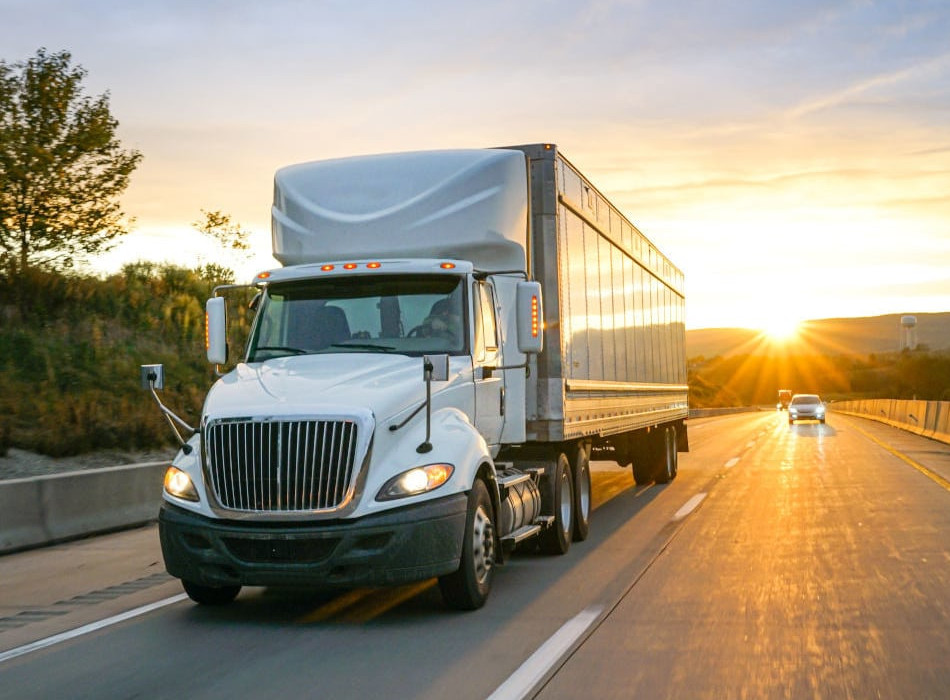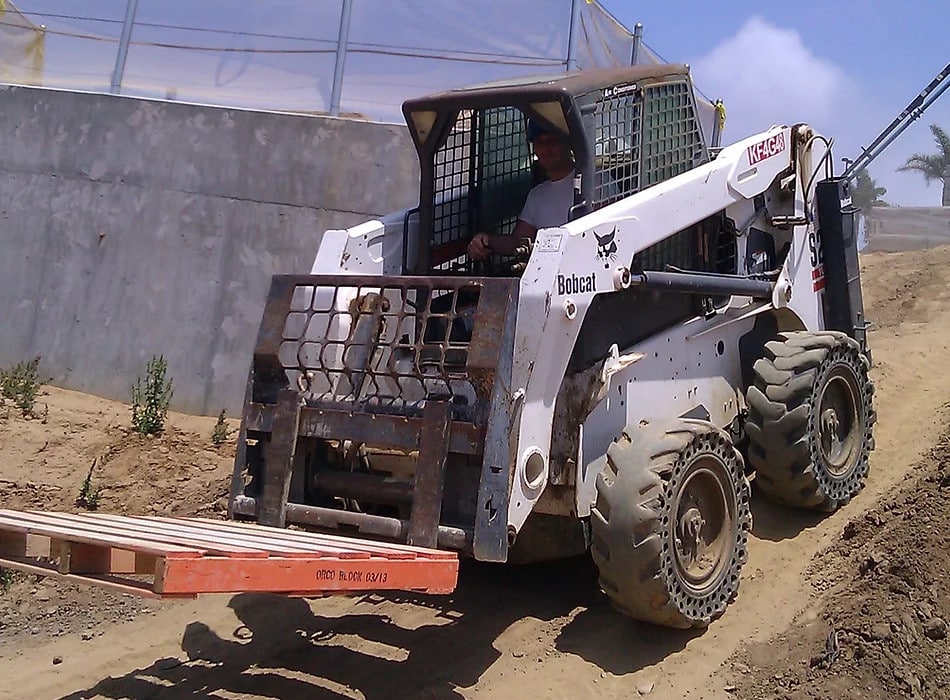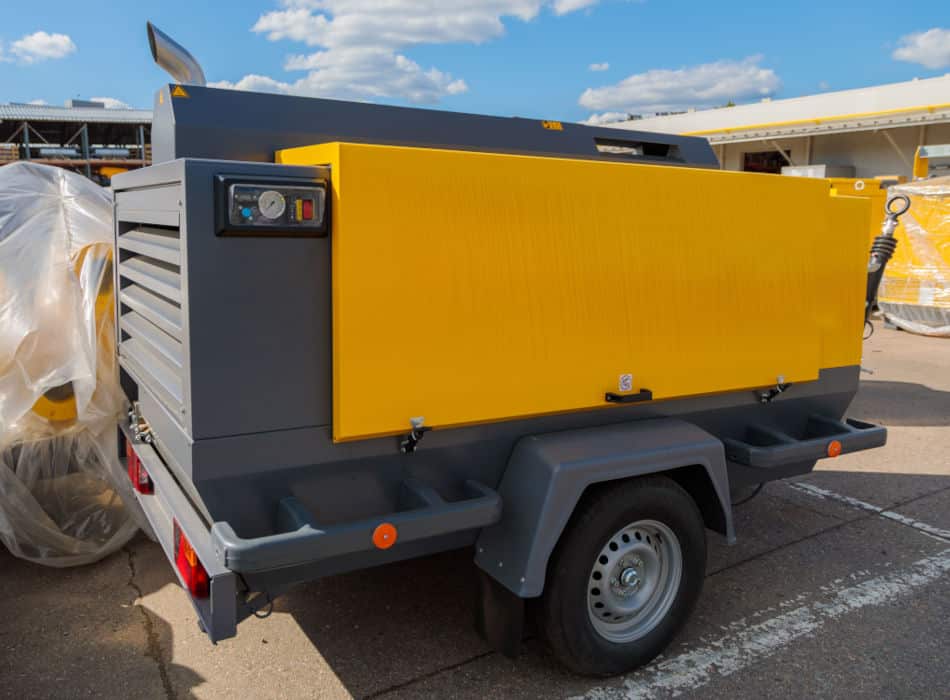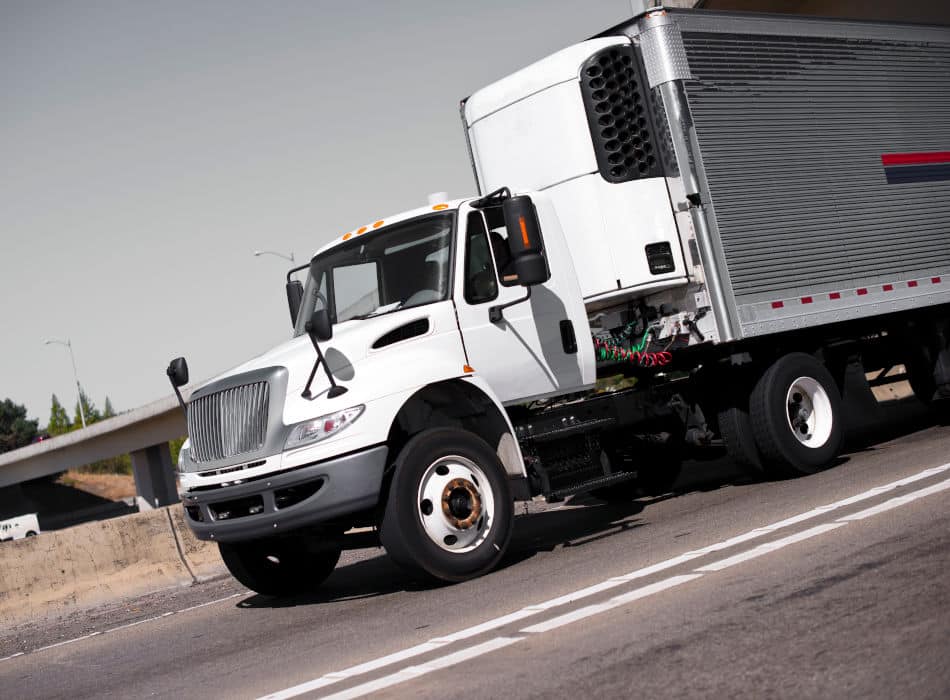
The on-road diesel regulations cover all commercial diesel vehicles. It is a requirement for all vehicles with a GVWR of 14,001 and above to be reported in the CARB Truck and Bus Reporting System.
All California-based fleets of two or more heavy-duty vehicles (gross vehicle rating over 14,000 pounds; except for 1998 and older, where the rating is over 6,000 pounds) are required to perform annual smoke and tamper inspections of their fleet.
Fleet owners are not required to inspect vehicles that are powered by diesel engines until after the 4th model year of the engine. (Example: 2020 engines were exempt from being tested for the PSIP until January 1 of 2024. A 2020 model-year engine must be tested sometime during 2024, or it will be in violation of PSIP).
To ensure compliance, the Air Resources Board will randomly audit fleets’ maintenance and inspection records and test a representative sample of vehicles.
All testing must conform to the Society of Automotive Engineers’ (SAE) J1667 snap-acceleration test procedure. All vehicles that do not pass the test must be repaired and retested. All testing must be performed using a SAE J1667 smoke meter. All testing records must be maintained for a period of two years.
For more information go to: http://www.arb.ca.gov/enf/hdvip/hdvip.htm
All heavy-duty trucks and buses are subject to California’s anti-smoke and tampering inspections. ARB inspectors may conduct unannounced roadside tests at various locales, such as:
Poorly maintained engines emit excessive smoke. The best way to pass the test is to properly maintain your engine. Common maintenance problems are:
The “Roadside” Anti-Smoke Inspection will include the following:
Notice of Violation (NOV): Issued to pre-1991 vehicles that have smoke opacities greater than 55% but less than 70% and have not received a citation in the past 12 months. Similar to a “fix-it-ticket”, the NOV has no penalty if repairs are made to the engine and proof is submitted to the ARB within 45 days. After 45 days, the NOV becomes a First Level Citation. Only one NOV may be issued to a pre-1991 vehicle within a 12-month period.
First Level Citation: Issued to pre-1991 engines with 70% or greater smoke opacity and 1991 and newer engines with greater than 40% opacity that have not received any citations in the past 12 months. The minimum penalty is $300 if engine repairs are made and proof of repair is submitted to the ARB within 45 days. After 45 days, the penalty increases to $800.
Second Level Citation: The penalty for any further violations within a 12 month period is $1800 for each violation. In addition, proof of repair must be submitted and the vehicle must be retested by the ARB in order to clear the citation.
In certain cases, the CHP may take a vehicle out of service for an outstanding citation if the penalty has not been paid, or if the vehicle has not been repaired. The DMV can place a hold on the CA registration renewal until the violation is cleared.
For more information go to: http://www.arb.ca.gov/enf/hdvip/hdvip.htm
Idling for more than 5 minutes is prohibited within California’s borders. As of January 1, 2008, this prohibition also applies to sleeper berth trucks during periods of sleep and rest. Idling under the following situations is acceptable:
The California Code of Regulations, title 13, §2183(c) requires that: “No 1974 or newer diesel powered heavy-duty commercial vehicle shall operate in California without evidence that, at the time of manufacture, the installed engine met emission standards at least as stringent as applicable federal emission standards for the model year of the engine (In the case of Mexican manufactured vehicles, Mexican and US EPA certified engines were equivalent in the 1994-2003 model years). The ARB shall base its determination on whether an engine meets the above requirement by inspecting the ECL affixed to the vehicle’s engine.” The ECL must be legible and maintained in the original location it was installed. The data on the label must correspond to the serial number stamped on the engine block (i.e. must be the correct label for the engine).
A vehicle owner found in violation of the above requirement is potentially subject to two distinct penalties: a) a tampered (missing) ECL carries a $300 penalty, and b) the regulation presumes that an engine without an ECL (or other documentation from the engine manufacturer) did not meet US EPA standards at the time of manufacture which carries a $500 penalty. If the $300 penalty and proof of corrective action are not provided within 45 days, a late penalty of $500 will be assessed.
Corrective action shall consist of:
For more information, go to: http://www.arb.ca.gov/enf/hdvip/hdvip.htm
“An on-road heavy-duty diesel or alternative-diesel vehicle operated in California may be subject to the California Air Resources Board Regulation to Reduce Particulate Matter and Criteria Pollutant Emissions from In-Use Heavy-Duty Diesel Vehicles. It, therefore, could be subject to exhaust retrofit or accelerated turnover requirements to reduce emissions of air pollutants.”
For more information go to: http://www.arb.ca.gov/dieseltruck

The off-road regulations cover all self-propelled diesel equipment 25 HP and greater.
All off-road vehicles are required to be reported as of 2009. Fleets that have not reported should do so as soon as possible. Fleets that have not reported and are found to be in violation by enforcement personnel before they report themselves will be subject to enforcement action, including fines. Civil penalties are not to exceed one thousand dollars ($1,000) or ten thousand ($10,000) respectively for each day in which the violation occurs, which can be applied to each vehicle that is not reported.
For more information, go to: www.arb.ca.gov/ordiesel
All vehicles subject to off-road regulation are to be labeled on both sides of the machine within thirty (30) days of receiving the equipment identification number (EIN). As of January 1, 2013, all machines must be labeled on both sides of the equipment.
All captive attainment fleets must be labeled as well, but the background is green with white lettering instead of a red background with white lettering.
Where can I buy labels?
BeCARBCompliant offers a full range of affordable labeling services. Call us today to get the latest pricing.

Idling Limit:
No vehicles or engines subject to this regulation may idle for more than five (5) consecutive minutes. Idling of a vehicle that is owned by a rental company is the responsibility of the renter or lessee, and the rental agreement should so indicate.
The idling limit does not apply to:
A disclosure statement must be provided by the seller to the buyer at the time of the sale and kept for at least three years.
“An off-road, heavy equipment or alternative-diesel vehicle operated in California may be subject to the California Air Resources Board Regulation to Reduce Particulate Matter and Criteria Pollutant Emissions from In-Use Heavy-Duty Diesel Vehicles. It, therefore, could be subject to exhaust retrofit or accelerated turnover requirements to reduce emissions of air pollutants.”
For more information, go to: www.arb.ca.gov/msprog/ordiesel/faq/disclosurefaq.pdf
The annual reporting deadline varies.
Agricultural and Low Use Hours must be reported by January 1st of each year.
The Responsible Official Affirmation Report (ROAR) is due by March 1st of each year.
**Certificates for Off-Road annually expire on February 28th, and a new one can be obtained only after the ROAR is submitted.

Section 2449(b) of the In-Use Off-Road Diesel Vehicle Regulation (off-road regulation) provides that all vehicles used exclusively for agricultural operations, including first processing after harvest, are exempt from all requirements in sections 2449, 2449.1, 2449.2 and 2449.3 of the off-road regulation.

All portable diesel equipment 50 HP or greater has to be permitted by CARB or the local air district to be legal to run. Operating without a permit can lead to fines.

This regulation applies to in-use diesel-fueled TRU’s and TRU generator sets that operate in California, whether or not they are registered in California. This includes all carriers that transport perishable goods using diesel-powered refrigeration systems on trucks, trailers, shipping containers, and railcars that operate in this state.
Once a compliance deadline passes for a TRU’s or TRU gen set model year, it is illegal to sell, offer for sale, lease, offer for lease, rent, or offer to rent a TRU for use in California that does not meet the current standards in the Air Toxic Control Measure (ATCM).
The deadline for in-use performance deadlines is as follows: Engines must be compliant by December 31st of the seventh (7th) year after the engine model year.
Example: A 2013 model year engine must comply by December 31st, 2020.

The regulation applies to all drayage trucks that operate at California’s ports and intermodal rail yards (regardless of the state or country they originated from). Drayage trucks are on-road diesel-fueled heavy-duty class 8 vehicles (GVWR greater than 33,000 lbs).
Many people in the trucking industry are used to handling problems on their own. However, when it comes to CARB regulations, there’s nothing wrong with asking for a hand. Our friendly staff will help you navigate the system to keep your equipment active and on the road. We take the headaches out of CARB compliance!